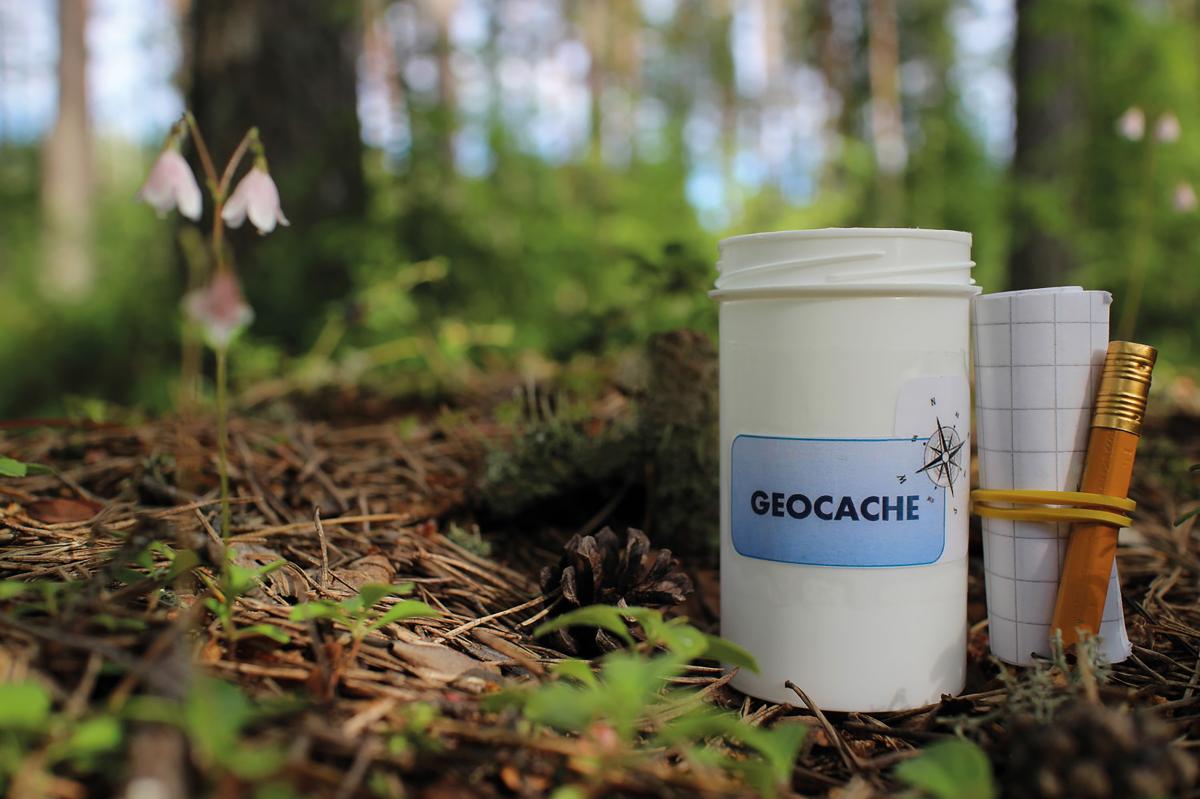


That when people see you coming they quickly act ‘normal’ before resuming whatever the heck it was that they were doing before you turned up?
Well I’m here to tell you that your paranoid instincts are correct - and it’s happening even now while you read these words, probably behind your back.
There’s a hidden army of people out there walking among us, blending themselves into society, doing their best to appear like us - I’m not just talking about estate agents.
These people are geocachers and geocaching is what they do.
Geocaching, for the uninitiated, involves hunting for containers hidden in both urban and rural settings using satellite navigation data.
The pastime has grown hugely in popularity since the activity began 17 years ago. The idea was born out of the ready availability of smartphones and the removal of selective availability of Global Positioning Systems data on May 2 2000. GPS data beamed from American satellites was previously jealously guarded by the US military establishment. During the 1990s, GPS employed a feature called selective availability that degraded civilian accuracy on a global basis.
In May 2000, however, at the direction of President Bill Clinton, the U.S. government ended its use of selective availability in order to make GPS more responsive to civil and commercial users worldwide. Suddenly, the technology was no longer just a tool for guiding murderous cruise missiles down ventillation shafts - it could also be used by nerds to set harmless puzzles.
My introduction to the world of geocaching came when I paid a visit to a friend of mine in Cambridge. Using his smartphone we and our children followed a compass tracker to put us in the general area of the hidden cache - somewhere on a bench.
We then had to furtively wait for the Russian spy sitting there to finish exchanging secrets with a Cambridge academic before he shifted himself so we could carry out a search. The idea is that you are not meant to give away the fact that you are looking for a hidden container otherwise normal people (the geocaching community calls them muggles) could catch on.
It’s a great way to keep children busy, while you relax in the sunshine drinking beer.
Eventually one of the kids found the ingeniously hidden tiny magnetic container containing a roll of paper that you have to sign. The idea is that you take a sneaky picture on your phone to upload to the website to show that you have found it… without letting on to the muggles that it’s there. It sounds pretty pointless doesn’t it?
But then again I went for a walk up a series of Welsh mountains at the weekend and then came down again - that was also pointless but somehow brilliant.
Playing golf is even more pointless and incredibly tedious.
And as any French existentialist philosopher will tell you, pretty much everything we do is ultimately pointless…
So doing something that gets you outside in the fresh air fiddling around the underside of a park bench is pretty groovy in my book. Find out more at: